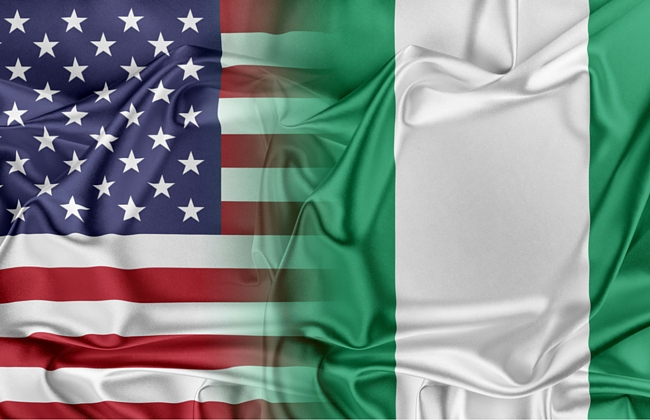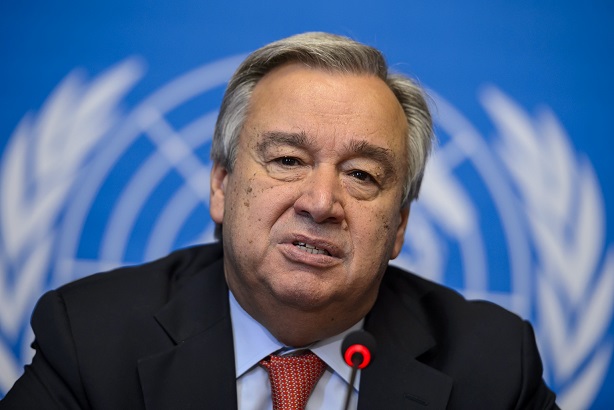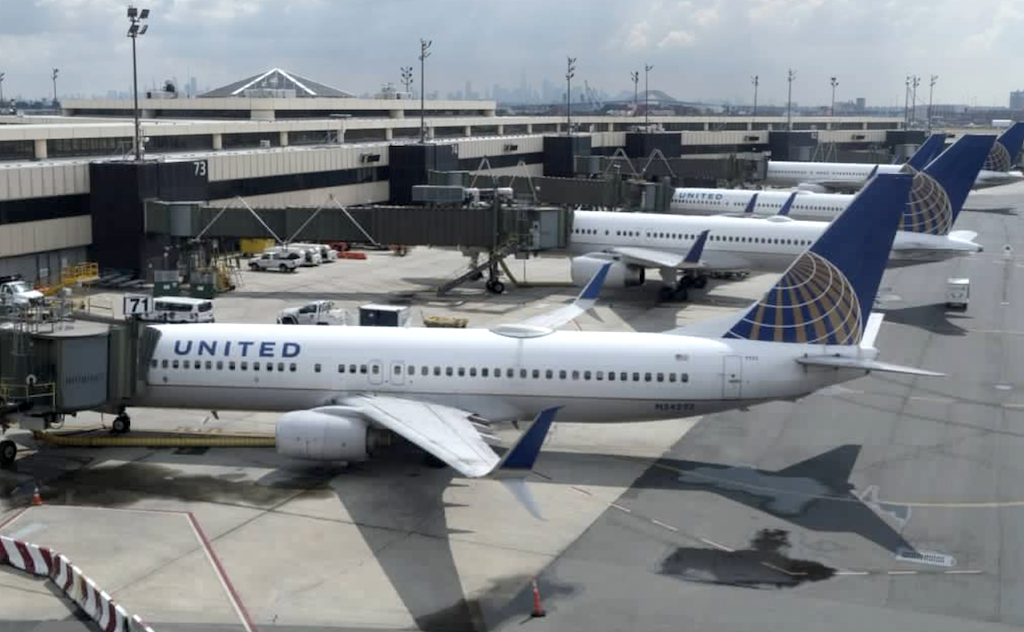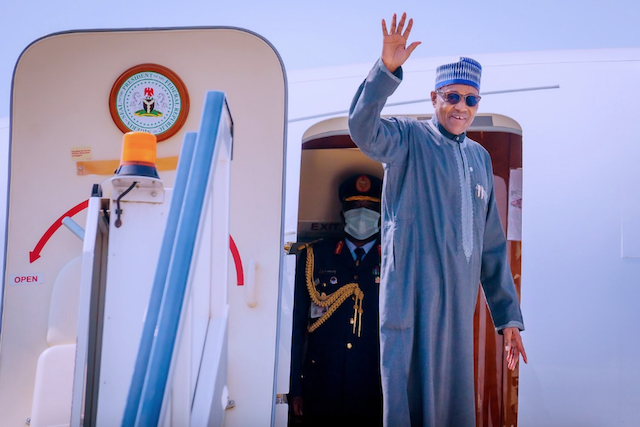Ana Belen Montes returned. Captured spies are usually killed, imprisoned for life without the possibility of parole, or used in prisoner exchanges. But the 65-year- old American super spy who, based on her principles, worked free for Cuba, has returned to resettle within American society.
But this was not owing to the generosity of the American establishment, which wanted the death penalty, but rather to Montes’ incredible negotiation skills, as she, despite her arrest, did not panic and correctly read the situation.
She knew the case against her was circumstantial and that the government may not be able to secure a conviction or a long jail term without her cooperation. So she entered a plea bargain in which the death penalty was off the table, and she got not more than a 25-year sentence despite her quite devastating 17 years of snooping for the Cubans while the American government picked up her bills.
Despite being imprisoned with those considered the worst female prisoners in a special 20-room prison in which the inmates are given the impression they need mental assistance, Montes kept her cool and worked towards release for good behaviour after 20 years.
I had read about Montes in a book I bought in Uyo on October 4, 2012. It is titled: Enemies: How America’s foes steal our vital secrets—and how we let it happen. by Bill Gertz. She was considered such an efficient and useful spy that the Americans gave her ten special awards. Montes was so crafty that the American government in 1993 paid for her visit to Cuba, where she met her Cuban handlers.
As her due release date of January 8, 2023 drew near, I dedicated my December 16, 2022 column to her in a piece titled: “Ana Montes: An American Super Spy Who Worked for Cuba.” I did not expect the avalanche of responses that followed, with many, including Americans, expressing surprise that such a super spy exists.
Perhaps the most surprising response was a message I received on January 2, 2023, from an American radio programme “Voices With Vision”. broadcasting in Washington on Tuesday mornings. I featured on the programme the next morning to speak on Montes, during which I made a case for her to be released as scheduled and for arrangements to be made not just to receive her, but also to ensure she has accommodation and some upkeep to ease her reintegration into society.
As it turned out, perhaps to prevent welcoming crowds at the facility, the prison officials released her two days early. Montes flew to her native Puerto Rico, a territory that has been forcibly occupied by America since July 25, 1898, 124 years ago. She will be the second-highest-ranking Puerto Rican political dissident returning home.
The first was a 79-year-old liberation fighter, Oscar Lopez Rivera, who had been imprisoned for 38 years before his May 2017 release. I had written about him on December 3, 2021, in my column titled: “Rivera: Thirty eight years in US prison for freedom.” Later that year, I was privileged to have an electronic discussion with Rivera from his Puerto Rican home, during which he accepted my invitation to visit Nigeria.
When Montes arrived in Puerto Rico, she released a statement partly saying: “After two rather grueling decades and in need of earning a living again, I would like to pursue a quiet and private existence. Therefore, I will not participate in any media activities. I encourage those who wish to focus on me to instead focus on important issues, such as the serious problems facing the Puerto Rican people or the US economic embargo on Cuba… The pressing need for global cooperation to halt and reverse our destruction of our environment also deserves attention. I as a person, am irrelevant. I don’t have any importance…”
Spies intrigue me. Being embedded in places, cases, or situations, or pretending to be someone you are not, can be difficult, if not terrifying. Every spy is potentially a hero or villain, depending on the analyst.
Humans find spies attractive. This could explain why Ian Fleming’s fictional character, James Bond 007, a secret service intelligence officer, has been featured in over 25 films.
One of the most intriguing spies is a 12th Century African woman, Moremi Ajasoro from Offa, Kwara State. She lived in ancient Ile-Ife at a time when the city was continually invaded by strange figures, the Ugbo. The Ifes assumed the invaders, who were covered from head to toe with raffia leaves, were spirits, fled before the invaders, who captured prisoners and looted.
Moremi decided to infiltrate the invading army by allowing herself to be captured. The Ugbo ruler, who could not resist her beauty, married Moremi. She seemed a model wife, and nobody suspected she was gathering intelligence. She discovered that the invaders were humans and could easily be defeated if the Ifes used fire torches to set them ablaze.She later escaped, revealed the secret of the invaders, who were defeated when they next invaded Ife.
Biblically, one of the oldest professions is spying. In Numbers 13, the Lord ordered Moses to send out men to spy on the land of Canaan. A dozen spies were sent, and two, Joshua and Caleb, returned with positive reports that: “it flows with milk and honey”, that its security can be breached, and that with God’s help, the Israelites could conquer and possess it.
To me, the most successful spy in contemporary history, was Harold Adrian Russell “Kim” Philby, leader of the Cambridge Five, a spy ring that included Sir Anthony Frederick Blunt, the Art Curator of Queen Elizabeth II.
Philby was a senior British intelligence officer and a double agent for the Soviet Union who was appointed an officer of the Order of the British Empire, OBE in 1946. He was so confident, believable and successful that four years after two of his fellow spies, Donald Maclean and Guy Burgess, had been unmasked and fled to Moscow, and Philby had been publicly accused in parliament of being a double agent, the British government publicly exonerated him. It was not until January 1961, he defected to Moscow, and it became known that he was a Colonel in the KGB.
Back in the 1930s, Philby, then a Soviet agent working as a journalist, was so successful in penetrating the fascist regime of Spanish General Francisco Franco that the latter personally awarded him the Red Cross of Military Merit on March 2, 1938. Three years later, he joined the British M16 intelligence agency. With Montes, I now ask myself: who, between her and Kim Philby, is the greatest of all time, and the most successful spy in history?








